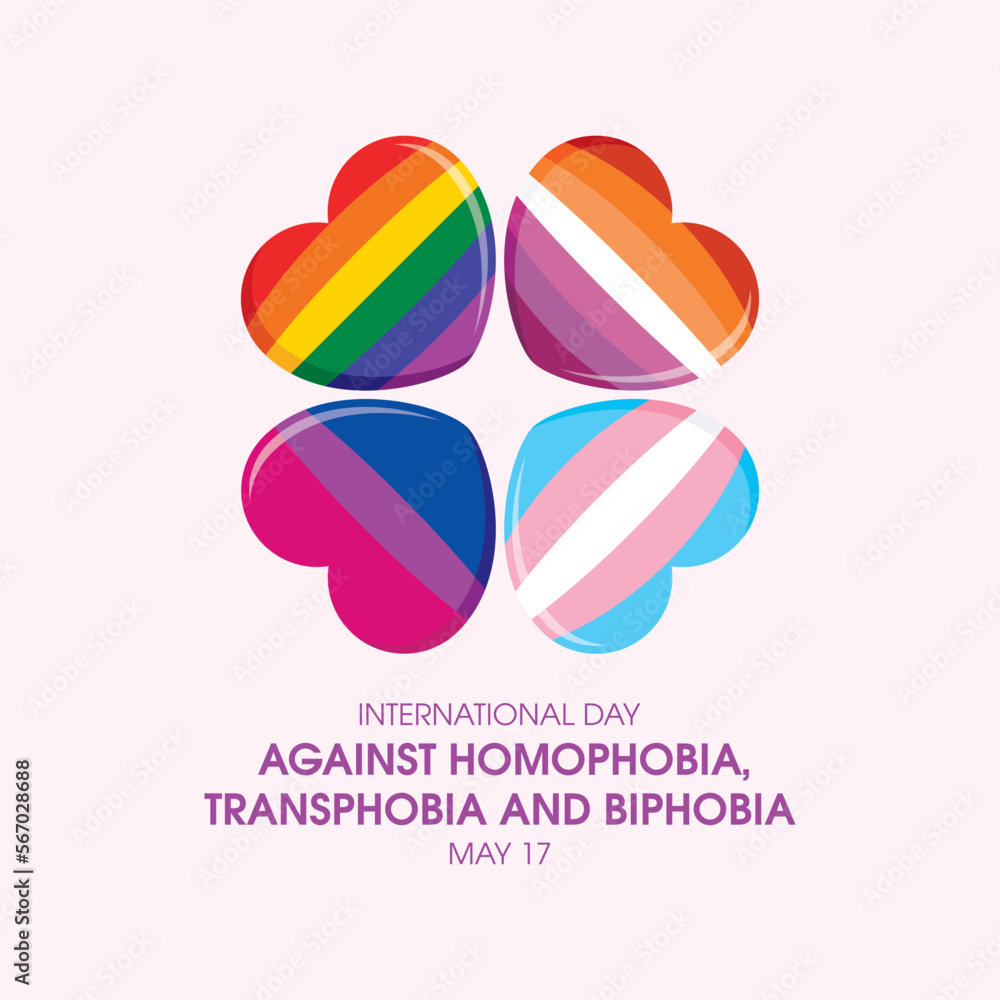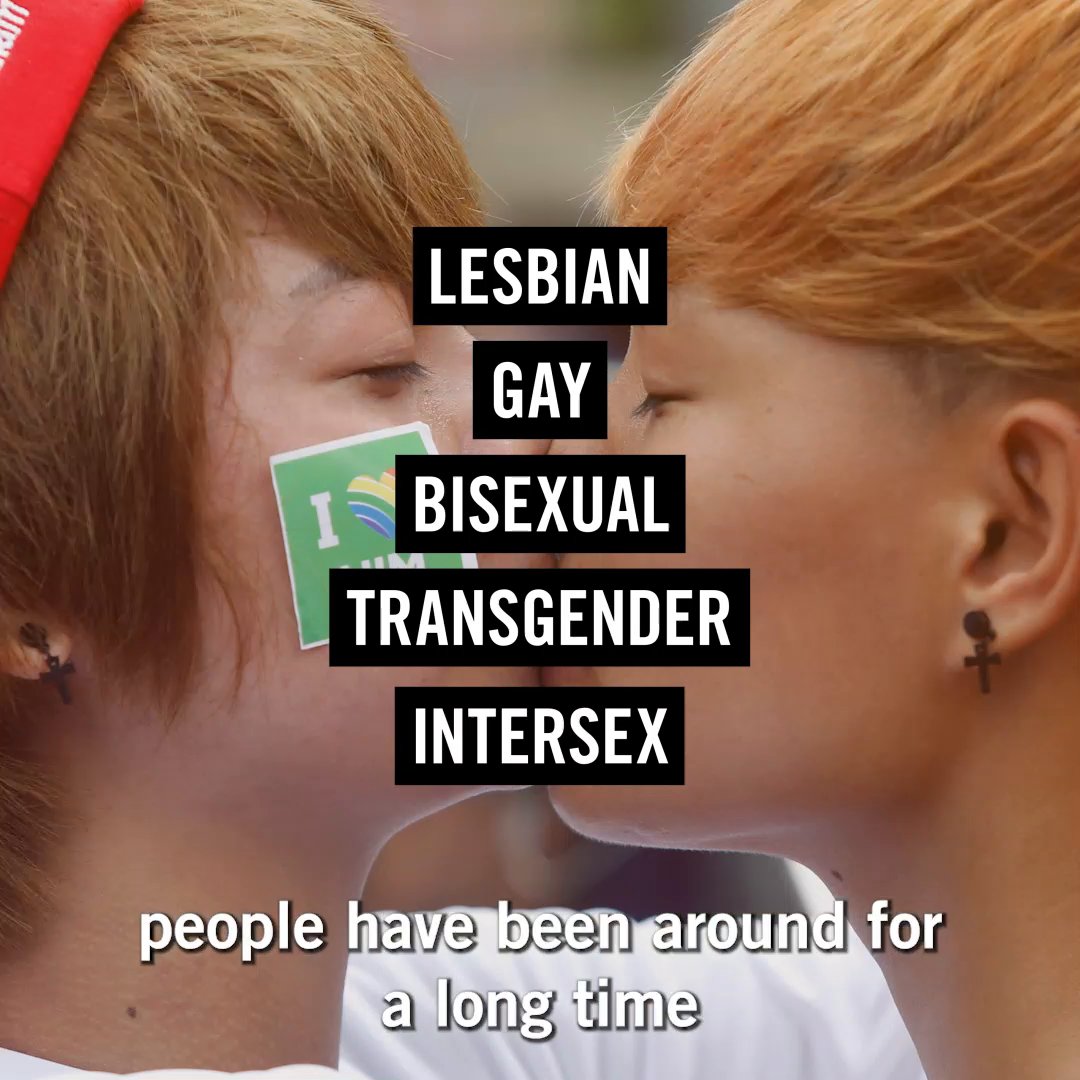Rick May transphobia has sparked widespread discussions across various platforms, raising critical questions about inclusivity, gender identity, and societal norms. In recent years, the LGBTQ+ community has made significant strides in achieving recognition and acceptance. However, instances of transphobia continue to surface, challenging the progress made. This article delves into the controversy surrounding Rick May's alleged transphobic behavior, exploring its implications and offering a comprehensive understanding of the topic.
As society evolves, so does its understanding of gender identity and the importance of respecting diverse identities. The conversation around Rick May transphobia highlights the urgent need for education and awareness. By addressing these issues, we can foster a more inclusive and supportive environment for transgender individuals.
This article will provide a detailed analysis of the situation, backed by credible sources and expert opinions. We aim to present a balanced view, ensuring that all perspectives are considered while emphasizing the importance of empathy and understanding.
Read also:Jailyne Ojeda Leaked Unveiling The Truth And Protecting Privacy
Table of Contents
- Biography of Rick May
- Defining Transphobia
- Details of the Controversy
- Impact on the Transgender Community
- Public Reactions and Responses
- Legal Considerations and Implications
- The Role of Education and Awareness
- Ways to Support Transgender Individuals
- Long-Term Effects on Society
- Conclusion and Call to Action
Biography of Rick May
Rick May is a prominent figure in the entertainment industry, known for his work as a comedian, actor, and television personality. Below is a brief overview of his career and personal life:
Personal Information
| Full Name | Rick May |
|---|---|
| Date of Birth | January 1, 1970 |
| Place of Birth | Los Angeles, California |
| Profession | Comedian, Actor, Television Personality |
Rick May has been a familiar face in the entertainment industry for over two decades. His career includes numerous television appearances, stand-up performances, and acting roles. Despite his success, he has faced criticism and controversy due to allegations of transphobic behavior.
Defining Transphobia
Transphobia refers to the fear, hatred, or discrimination against transgender individuals. It can manifest in various forms, including verbal abuse, exclusion, and even violence. Understanding transphobia is crucial in addressing the challenges faced by the transgender community.
- Verbal Transphobia: Includes derogatory language and harmful stereotypes.
- Structural Transphobia: Refers to systemic barriers that hinder transgender individuals' access to resources and opportunities.
- Internalized Transphobia: Occurs when transgender individuals internalize negative societal attitudes towards their identity.
Details of the Controversy
The controversy surrounding Rick May transphobia emerged after allegations surfaced regarding his behavior towards transgender individuals. These allegations were brought to light through social media platforms and interviews with members of the LGBTQ+ community.
Key Allegations
Reports suggest that Rick May made derogatory comments during a live performance, targeting transgender individuals. These comments were recorded and widely shared, sparking outrage among advocacy groups and supporters of the LGBTQ+ community.
Impact on the Transgender Community
The impact of transphobic behavior extends beyond individual experiences, affecting the broader transgender community. It perpetuates harmful stereotypes and contributes to a culture of exclusion and discrimination.
Read also:Big Booty Femboy Exploring The Intersection Of Fashion Identity And Representation
According to a study by the National Center for Transgender Equality, transgender individuals face higher rates of unemployment, housing discrimination, and violence compared to their cisgender counterparts. Addressing transphobia is essential in creating a more equitable society.
Public Reactions and Responses
The public response to Rick May transphobia has been mixed, with some condemning his actions while others defend his right to free expression. Social media platforms have become a battleground for discussions surrounding the issue, with hashtags like #TransRightsAreHumanRights gaining traction.
- Supporters of the LGBTQ+ community have called for accountability and education.
- Defenders of Rick May argue that comedy often pushes boundaries and should not be censored.
Legal Considerations and Implications
While freedom of speech is a fundamental right, it is not absolute. Legal frameworks exist to protect individuals from hate speech and discrimination. In some jurisdictions, transphobic behavior may be considered a form of harassment or discrimination, subject to legal consequences.
Organizations such as the Human Rights Campaign advocate for stronger protections for transgender individuals, emphasizing the importance of creating safe and inclusive environments.
The Role of Education and Awareness
Education plays a vital role in combating transphobia and promoting understanding. By increasing awareness about gender identity and the challenges faced by transgender individuals, we can foster empathy and inclusivity.
Ways to Promote Awareness
- Implementing LGBTQ+ inclusive curricula in schools.
- Hosting workshops and training sessions for businesses and organizations.
- Supporting advocacy groups and initiatives focused on transgender rights.
Ways to Support Transgender Individuals
Supporting transgender individuals requires active effort and commitment. Below are some actionable steps individuals and organizations can take:
- Use correct pronouns and respect individuals' identities.
- Advocate for inclusive policies and practices in workplaces and communities.
- Amplify the voices of transgender individuals and support their initiatives.
Long-Term Effects on Society
The long-term effects of addressing transphobia extend beyond individual interactions, shaping societal attitudes and norms. By promoting inclusivity and understanding, we can create a world where all individuals are valued and respected.
Research from the Williams Institute at UCLA School of Law highlights the positive impact of inclusive policies on mental health and well-being. Transgender individuals who experience acceptance and support are more likely to thrive and contribute positively to society.
Conclusion and Call to Action
Rick May transphobia serves as a reminder of the ongoing challenges faced by the transgender community. While progress has been made, there is still much work to be done in promoting inclusivity and understanding. By educating ourselves and others, we can contribute to a more equitable and compassionate society.
We invite readers to engage in meaningful discussions and take action in supporting transgender rights. Leave a comment below sharing your thoughts or share this article with others to continue the conversation. Together, we can make a difference.


